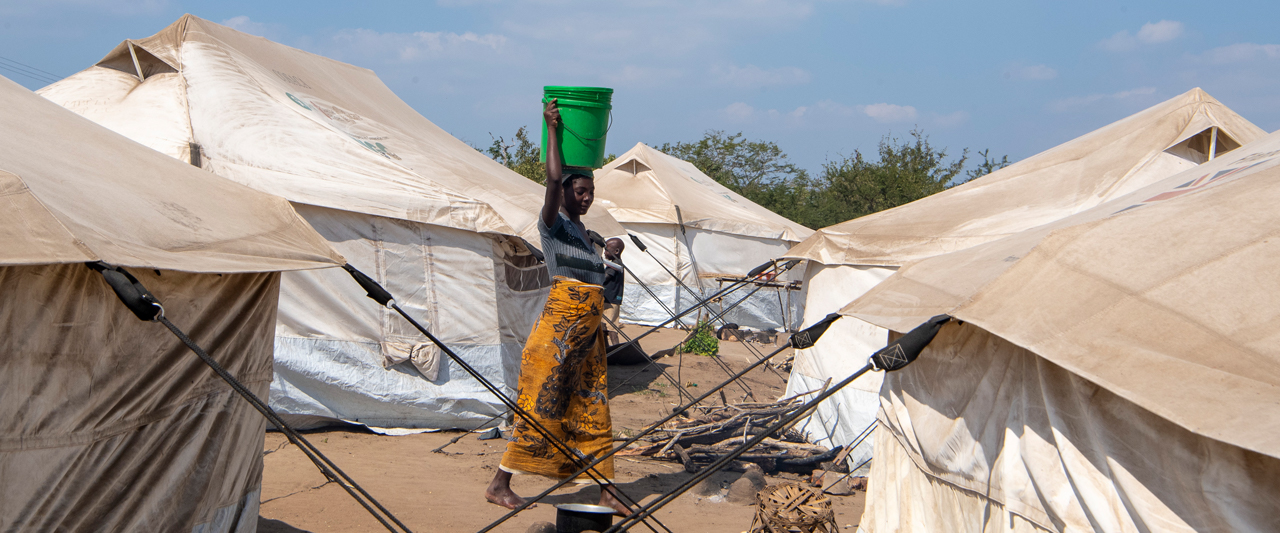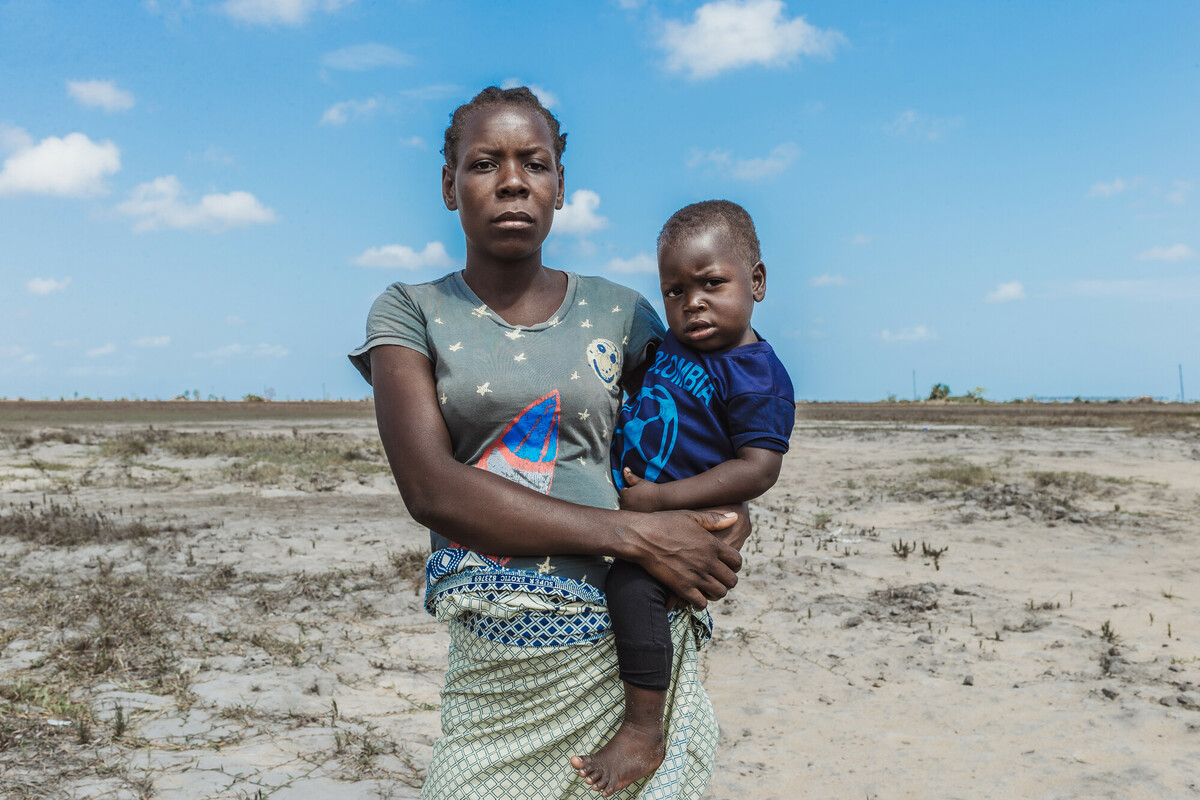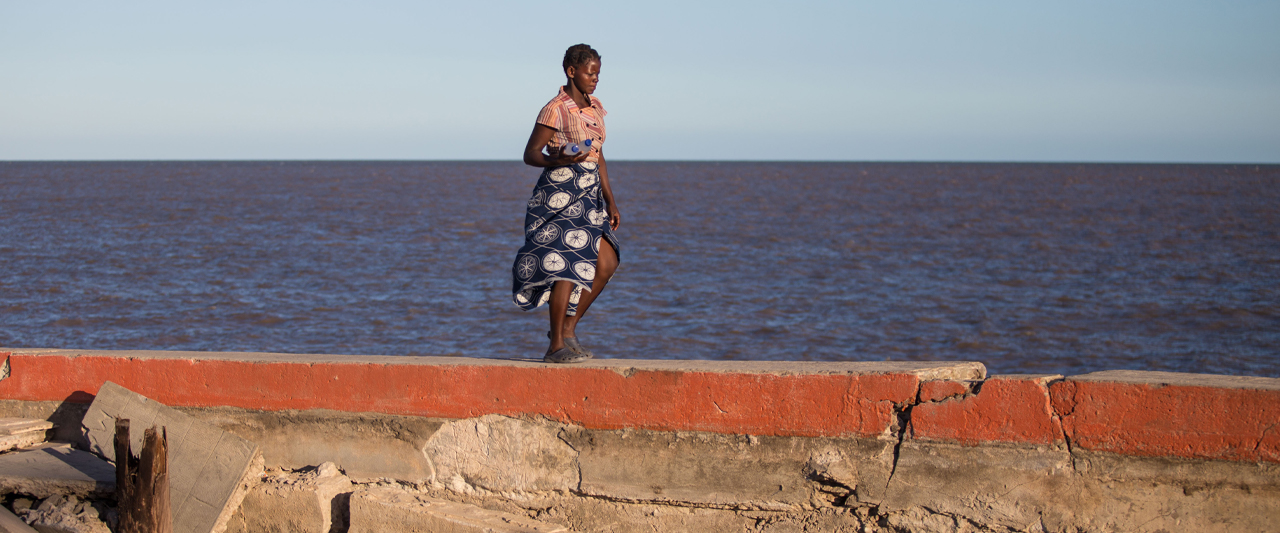When Ipas Mozambique Country Director Jorge Matine was in secondary school, his fellow students knew him as someone they could go to with questions about sexual and reproductive health. “Everyone has something to ask, something they want to know,” he says. He was a peer educator and close with his mother, who “was very open—I could ask her anything.”
Matine has spent most of his career in the sexual and. reproductive health and rights field, working for the government, non-governmental organizations, the United Nations, and civil society organizations. In 2019, he joined Ipas Mozambique as the director. “I wanted to be one of the people who brings change, who expands rights,” he said. “For me, it was very important to be a part of this community.”
Matine has a special interest in the intersection of reproductive rights and climate change. Women are disproportionately affected by climate change, and Mozambique is one of Africa’s most vulnerable countries to it, plagued by droughts and flooding and strugglingwith deforestation. 2019 was the first year in which two cyclones (Cyclone Idai, which killed more than 1,000 people and displaced millions, and Cyclone Kenneth) hit Mozambique in the same season. Mozambique has more than 1,400 miles of coastline along the Indian Ocean and nine river basins prone to flooding. More than 80 percent of the country’s workforce is employed in agriculture, which is concentrated on the coast and by rivers.

“Any change in the environment has a big impact on the way people behave, how people live, and if people can access food, shelter and services,” Matine says. With the climate becoming increasingly volatile, people “live in constant need” of support.
After a natural disaster, the government will work to supply food and shelter and to rebuild the roads and infrastructure—but “health will take time.” It’s important, Matine says, to “guarantee that in any situation, the minimum services provided still include sexual and reproductivehealth and safe abortion services.”
That’s why Ipas is working on research in Bangladesh and in Mozambique to study how climate change affects the provision of sexual and reproductive health services. In Mozambique, researchers will interview women and girls to see if and how climate change vulnerability and uncertainty influence their reproductive decisions.
“This research will inform us about how we can respond better in countries which are vulnerable to disasters—how we can guarantee that sexual and reproductive health services, maternal health services, and safe abortion services will still be provided and available,” Matine says. It comes down to ensuring women can get what they need. “At the end of the day, we have to guarantee that,” says Matine.
For more information, contact [email protected].
Learn why we need women-led climate justice

Photo by Amilton Neves


